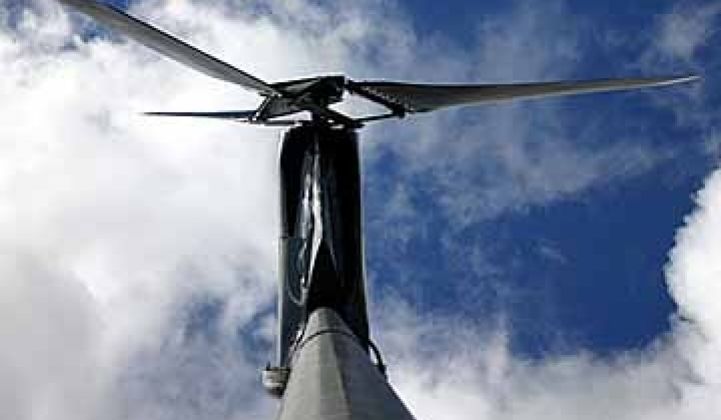The city of Leesburg, Florida was saddled with some of the highest power rates in the state less than five years ago. Today it strives to be the lowest-cost retail provider of electricity in the Sunshine State. The municipal utility still has a long way to go, but it is working hard to employ smart grid technologies, from smart meters to transmission upgrades, to deliver power cheaper and more efficiently to Leesburg's approximately 20,000 residents.
In the world of smart grid and utility deployment, investor-owned utilities snag most of the headlines, for better or for worse. But Leesburg, about 40 miles northwest of Orlando, is just one of hundreds of cooperative and municipal utilities that are making, and winning, the case for end-to-end smart grid projects.
For utilities that answer to city councils and their constituents instead of investors, there is not the drive to sell, sell, sell more power and get an instant return on investments. And yet, while large utilities like Baltimore Gas & Electric tout the savings of smart grid, they stumble when it comes to making the business case in a way that satisfies their investors, ratepayers and the public utility commission. The savings of smart grid investment are not just being talked about by smaller utilities, they are being realized.
"The munis are the ones that are the most out front," said Alan Mantooth, IEEE Fellow and Executive Director of the National Science Foundation Center on Grid-Connected Advanced Power Electronic Systems.
In Leesburg's case, they knew that just an advanced meter deployment would cut their cost. "We told our commission we're not going to increase our rates because we're rolling this out," said Paul Kalv, Electric Director of Leesburg Power. "And we know we'll be reducing the customer charge to share those savings." So far the city has saved about $1 million.
Kalv talks a lot about his customers. When one guy complained about his smart meter, Kalv personally went over to his house to check it out. It is that sort of on-the-ground interaction that is simply not possible for the CEO of investor-owned utilities, like Florida Power & Light Company, where Kalv worked for 22 years.
Although CEOs are not expected to make house calls, all utilities are realizing that it is bad business to fail to engage customers. The customer service chasm between big IOUs and municipal utilities is not the only reason that smart grid rollouts have gone smoother at smaller utilities, but it certainly shines as an example of what IOUs could do better. "We want to empower our consumer and reward them for energy efficiency," said Kalv. Until recently, most IOUs did not utter the words 'empower' and 'customer' in the same sentence, at least in part because customers were only referred to as ratepayers.
The proximity to customers, and the need to keep costs down and build efficiency, is the primary driver for the smart grid investment at munis. Mantooth notes that the push for municipal utilities is often about bringing in corporate investment to cities. The cost of electricity and the ability to integrate renewables can be drivers to win, and keep, businesses in town. "These cities want to be perceived a certain way and they want to be competitive in an economic development sense," he said.
Just behind municipals are cooperatives, according to Mantooth. For example, Hoosier Energy, a coop in Indiana, contracted GridPoint earlier this summer to help shape and shift load. While demand response is a hot topic for all utilities, especially throughout this hot summer, Hoosier is not just using GridPoint to cut down on critical peak load, but is also investing in residential and commercial load shifting that allows its 17 members to control costs and even out load beyond just the critical peak periods.
"Don't be surprised to see munis and co-ops moving ahead of IOUs on deploying smart grid technologies and next-gen apps," said David Leeds, smart grid analyst with GTM Research. "This will be a definite trend, as these public utilities don't have the PUC rate-case hurdle to contend with and as the ROI on smart grid investments starts to become clearer. As unexpected as it may sound -- utilities like Leesburg Electric and Hoosier Energy are actually serving to move the whole industry forward."



